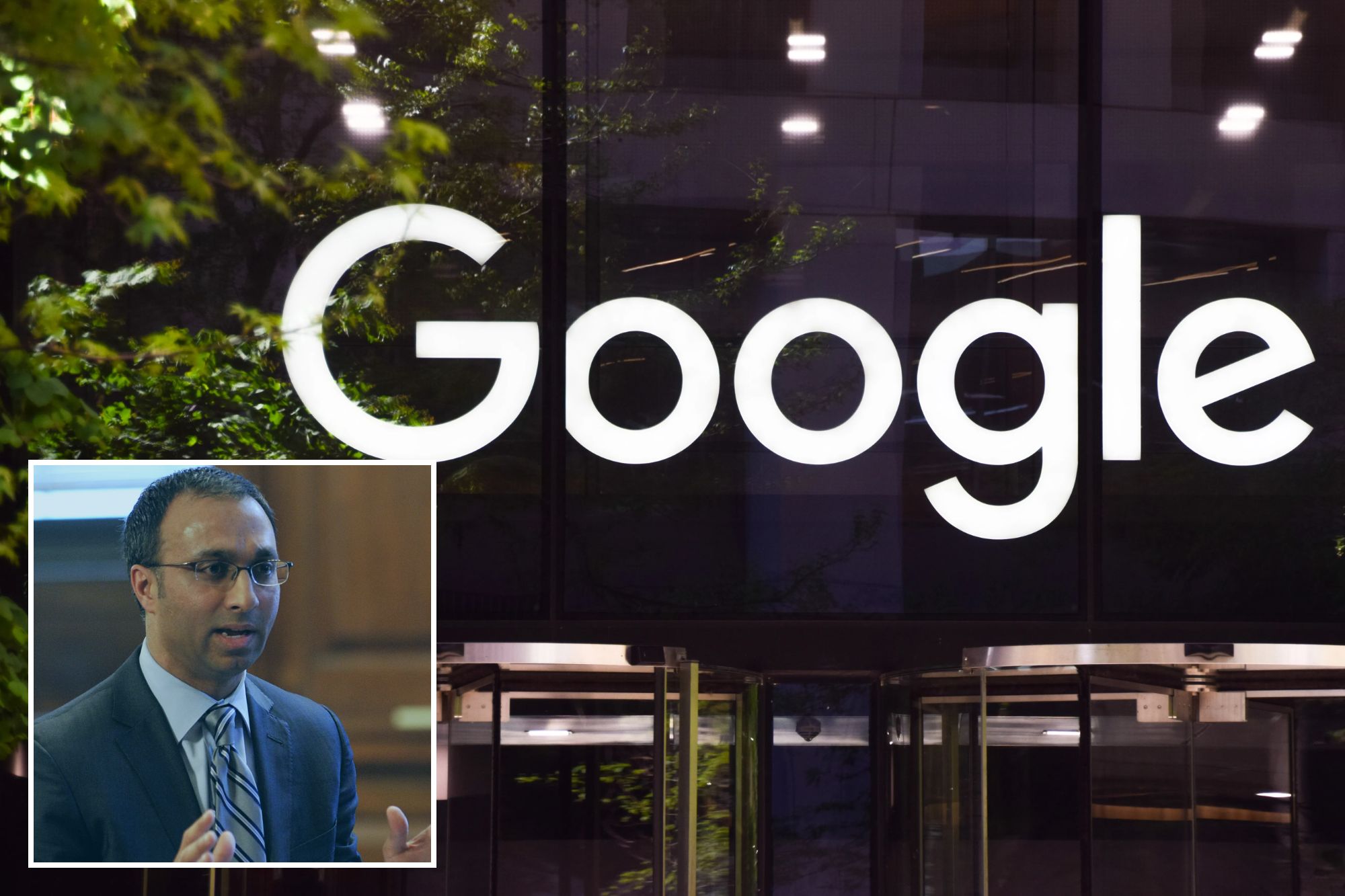
Google on Tuesday avoided a forced division of his monopoly on the Internet after a federal judge rejected the harshest tools proposed by the Department of Justice – causing anger from critics of the slap in the historical issue of antitrust.
US District Judge Ait Mehta said he would not ask Google – which he had earlier called a “monopoly” – to sell his internet chrome browser or his Android operating system, as Feds had requested.
“The plaintiffs surpassed the forced displacement of these main assets, which Google did not use to make any illegal restrictions,” Mehta wrote in his court order.
Instead, Mehta chose an easier touch in issuing his judgment in the trial stage, which included three weeks of hearing in April. He ordered Google to share his search data with rivals to increase competition.
Google also cannot enter into an exclusive internet search deals, but it will not be fully prohibited from making payments for Apple, AT&T and other partners to ensure that its search engine and other services are set as the predetermined option in most smartphones, decided Mehta.
“Google payment interruption will almost certainly impose essential – in some cases, damaging – the damage in the lower course for distribution partners, connected markets and consumers, which advise against a widespread payment prohibition,” Mehta wrote.
Feds argued in court that such deals were essential for maintaining Google’s monopoly.
“Today’s medicine order agreed with the need to restore competition in the long monopolized search market, and we are now weighing our options and we think if the commissioned relief goes far enough to serve this purpose,” Doj said in a statement.
Google shares increased more than 6% in trading after hour after issuing the ruling around 4:30 pm
Apple’s shares also grow nearly 4% in the trade after hour. Mehta’s stay saves a $ 20 billion income stream for the Iphone manufacturer in difficulty.
Matt Stoller, a prominent antitrust lawyer and Google’s critic, described Mehta’s decision as a “loud” and “weak”.
“Mehta just decided for the court to allow Google to hold her monopoly,” he wrote on X.
Other great technology observers also collided with the head ruling.
“You do not find someone guilty of stealing a bank and then condemning him to write a note of thanks for the loot,” said Hegde, the executive director of the US Economic Freedom Project.
“Similarly, you do not see Google responsible for monopolization and then write a medicine that allows him to protect his monopoly. This non -problems for the most preserved case of the previous quarter is a complete failure of his task and should be appealed.”
Hegde called on him to appeal the decision.
Sacha Haworth, Executive Director of the Technical Supervisory Project, said Mehta “was much more ready to allow Google to continue bending the Internet and our economy at his liking than to implement the law.”
Mehta wrote that the court could review his decision if the remedies are not effective.
“For now, Google will be allowed to pay distributors for predetermined placement. There are strong reasons not to shake the system and allow market forces to do the job.”
The ruling lid on a five-year legal war that had the potential to raise the internet and dismantle the essence of Google’s business. It was considered a subsequent case of large technology antitrust in decades.
Google had previously pledged to appeal to Mehta’s previous decision that he holds a monopoly.
Mehta’s decision was largely in line with the proposals made by the Great Technology giant, who had argued that any forced Chrome or Android sales would ruin them and could even threaten US national security.
#Google #Dodges #forced #chrome #browser #sell #case #historical #antitrust #turning #ovens #palm #hand
Image Source : nypost.com